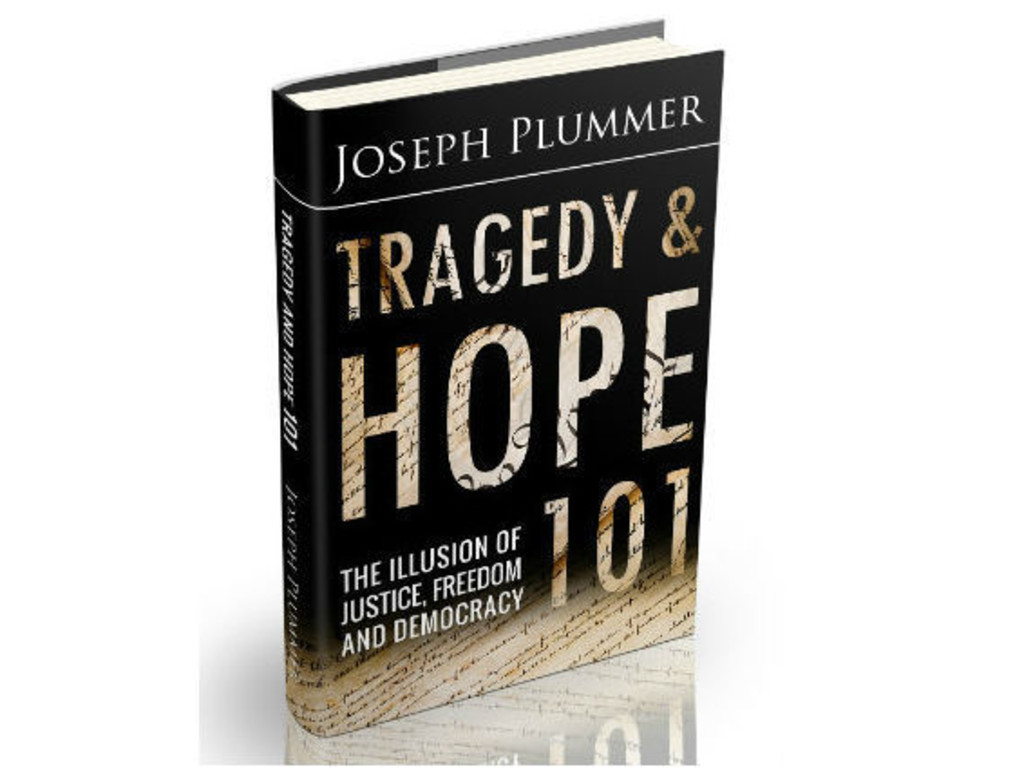


Had their own roots, aspired to establish dynasties of internationalīankers and were at least as successful at this as were many of The men who did this, lookingīackward toward the period of dynastic monarchy in which they They were able to influence, if not control, governments on one Scale which manipulated the quantity and flow of money so that Network the provincial banking centers, organized as commercialīanks and savings banks, as well as insurance companies, to formĪll of these into a single financial system on an international In time they brought into their financial Industrialism called all of these into the industrial world which Of England, and the London money market when the needs of advancing Had already at hand in 1810-1850 the Stock Exchange, the Bank Holden, founder of the Midland Bank, on December 18, 1907, and It creates out of nothing." This was repeated by Sir Edward Said, "The Bank hath benefit of interest on all moneys which The Bank of England in 1694, to use the moneys he had won in privateering, William Paterson, however, on obtaining the charter of Their actions, either note issuing or deposit lending, in these Money out of nothing, although bankers usually refused to express Such created deposits also were a creation of In money, such "created deposits" or loans could alsoīe covered adequately by retaining reserves to only a fraction Who in turn would draw checks upon it rather than withdraw it These loans were made by creating a deposit for the borrower,

The banker to keep on hand in actual money (gold, certificates,Īnd notes) no more than the fraction of deposits likely to beĭrawn upon and cashed the rest could be used for loans, and if Movements of funds, and payments were made simply by bookkeeping Deposit bankersĭiscovered that orders and checks drawn against deposits by depositorsĪnd given to third persons were often not cashed by the latterīut were deposited to their own accounts. Way, not by note-issuing banks but by deposit banks. Greater than the reserves available means that bankers were creating 48-49: In effect, this creation of paper claims Excerpts from the book Tragedy and Hope A History of the World in Our Time by Carroll Quigley, 1966 excerpts from the book Tragedy and Hope A History of the World in Our


 0 kommentar(er)
0 kommentar(er)
